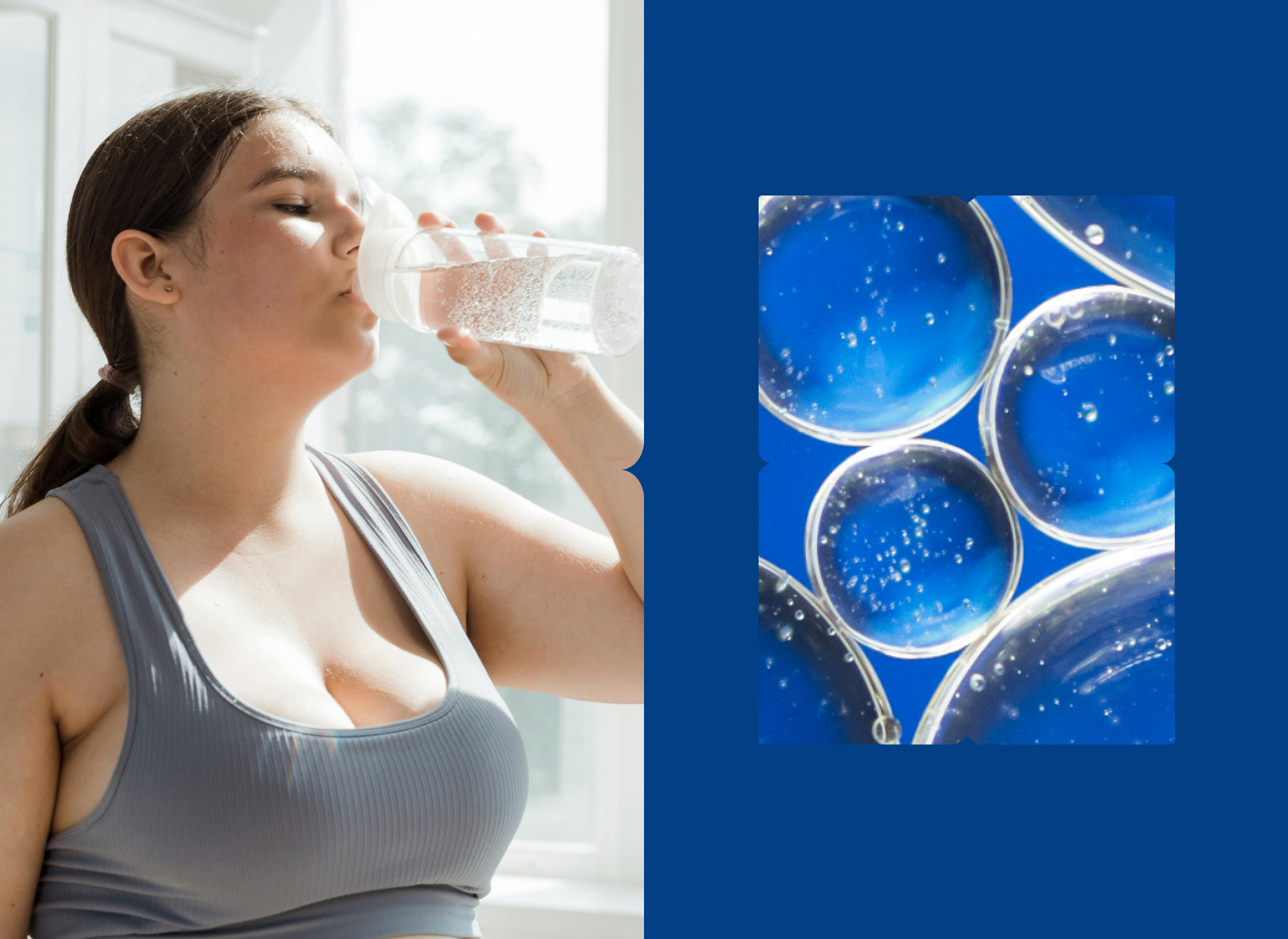How long does it take to rehydrate from severe dehydration?
Rehydrating from severe dehydration involves a multi-stage process and can vary depending on the individual's condition and the methods used.
Initially, severe dehydration is often treated with intravenous (IV) fluids in a medical setting. This method quickly restores fluid levels and balances electrolytes, which is crucial for stabilizing the patient. Improvement in symptoms, such as reduced dizziness and better hydration, can often be noticed within a couple of hours. However, complete stabilization may take longer, depending on the severity of dehydration and the patient’s overall health.
Once the immediate severe symptoms are managed, oral rehydration solutions (ORS) can be introduced. ORS contains a mix of electrolytes like sodium and potassium, and sugars such as glucose, which help the body absorb fluids more effectively. Using ORS can be particularly helpful for continued rehydration and can alleviate symptoms like dry mouth and fatigue. The effects of ORS are typically observed within a few hours, with gradual improvement over a day or so.
To achieve full recovery, it’s important to continue consuming fluids and ORS as recommended. Most people will see significant improvement within 1-2 days of starting rehydration treatment. During this period, symptoms should progressively improve, though individuals should remain vigilant and monitor their condition closely.
Several factors can influence recovery time. The severity of the dehydration can affect how quickly one recovers, with more severe cases potentially requiring longer periods and more intensive medical care. Underlying health conditions, such as kidney disease or diabetes, can complicate rehydration and extend recovery time. Additionally, age and overall health play a role, as younger and healthier individuals may recover more quickly compared to older adults or those with preexisting health issues.
Ongoing medical supervision may be necessary for severe cases or individuals with complex health conditions to ensure proper recovery and address any potential complications. Even after initial recovery, it is important to continue monitoring fluid intake and maintaining hydration to prevent a recurrence of dehydration.









